For a few years in the mid-late 90s, “Steve Albini” was the disembodied name that arose in my mind only occasionally, when studying the sleeve of the album which remains to this day at my absolute apex of visceral, abrasive sonic excellence; Nirvana’s In Utero. I loved it then and I love it now. Primal, minimalist and ambient, it was the perfect marriage of band and sound. That such an artistic artefact should exist — an album featuring Kurt Cobain, Dave Grohl, and Steve Albini — is a cosmic phenomenon in which one stands humbled at the fleeting alignment of stars. But back then, all I knew of its production, aside from how unlike anything else it sounded, was crystallised by those modest few words inside the sleeve: “Recorded by Steve Albini”. Some time around the start of 2001, a friend of mine, as hungry for weird, abrasive, guitar-driven rock music as I was, brought a recently purchased CD over to my house, telling me “this is by the Nirvana guy — the one from In Utero”. I was of course intrigued. We sat rolling a joint on my bed while it played. It began:
Shellac of Noth America. Catalogue number TG211 CD. Audio compact disc. 44.1 kilohertz sample rate. 16-bit word length. Samples represented in 2’s-complement binary. 8 to 14 expansion. Set reproducer for reference level. 1000 Hurts.
As unusual an intro to an album as that was, the following two and a half minutes signified the beginning of a consciousness shift in my perception of recorded music. It took some time to fully realise what was taking place.Shellac – Prayer To God
To the one true God above, here is my prayer
Not the first you’ve heard, but the first I wrote
Not the first, but the others were a long time ago
There are two people here, and I want you to kill them
Her, she can go quietly, by disease or a blow
To the base of her neck, where her necklaces close
Where her garments come together, where I used to lay my face
That’s where you aught to kill her, in that particular place
Him, just fucking kill him, I don’t care if it hurts
Yes I do, I want it to, fucking kill him but first
Make him cry like a woman, no particular woman
Let him hold out, hope that, someone or other might come
Then fucking kill him, fucking kill him
Kill him already, kill him
Fucking kill him, fucking kill him
Kill him already, kill him
Fucking kill him, fucking kill him
Kill him already, kill him
Just fucking kill him, fucking kill him
Fucking kill him already, kill him
Ah, fucking kill him, fucking kill him
Kill him already, kill him
Kill him already, kill him already
Kill him, fucking kill him
Just fucking kill him, fucking kill him
Kill him already, kill him
Fucking kill him, kill him
Fucking kill him already, kill him
Kill him, fucking kill him
Kill him, just fucking kill him
Kill him already, kill him already
Kill him
Amen
The content of that music was difficult to process, and for a while I thought it was an absurdist joke. Laughing between ourselves over the next week or two, we dumbly sang the words “kill him, fucking kill him, fucking kill him…” in inane fashion, without proper recognition that what we had heard was, in fact, a work of artistic genius. I’m not sure exactly when the penny dropped, but I do remember, some years later, hearing Albini recount in an interview that, upon hearing the Ramones for the first time, he felt it was either the stupidest thing he’d ever heard, or the most awesome, eventually realising it was in fact the latter. One hopes that he would feel some semblance of emotion in the knowledge that, through a process of musical Darwinism, he had repeated that experience for a new generation.Shellac – Crow
Shellac – Didn’t We Deserve A Look At The Way You Really Are?
My friends and I had bought our tickets the day they went on sale, a diligence eventually repaid by the realisation that Albini’s chalet was just a few doors down from ours. We could see him through the window when we walked past, which we repeatedly did, unsubtly side-eyeing as we went, trying to catch a glimpse of our bespectacled hero. It was a matter of inevitability when, in the midst of a late-night drug and alcohol indulgence at our place, one of our new friends suggested I knock on Steve’s door and give him a CD of my music, which we had just been listening to. It seemed like an opportunity not to be missed, despite the fact that the benefit of doing so couldn’t be directly identified. And so, my friend and I, both high on a cocktail of MDMA and alcohol, looking like a pair of complete twats, him in his chef whites and hair tied up in bunches, and me in pyjamas, painted fingernails and eyes like saucers, walked nervously to Albini’s front door, at 2am. I knocked. He answered. Two idiots stood at the door. “Hi Steve… um… we’re from the room just over there and I was just walking by, and… um… well, I saw you through the window, and… well…” “Were we making too much noise?” he said. “Oh God, no! Not at all! I just… I mean… I saw you here, and I hope you don’t mind, but I couldn’t miss the opportunity to give you this…” I handed over my CD, with its handwritten cover. I don’t remember much of a follow-up conversation. Steve looked bemused at the two inebriated adolescents in front of him, but nevertheless accepted my gift, shook us both by the hand, and thanked us. When the door closed we made our way back to our chalet, deeming the experience something like a small success, slightly dying inside from the trauma of actually going through with it, but returning to our party as newly formed heroes, regaling our friends with tales of our travels, to cries of “what was he like?” and “I can’t believe you fucking did it!” Neither could I.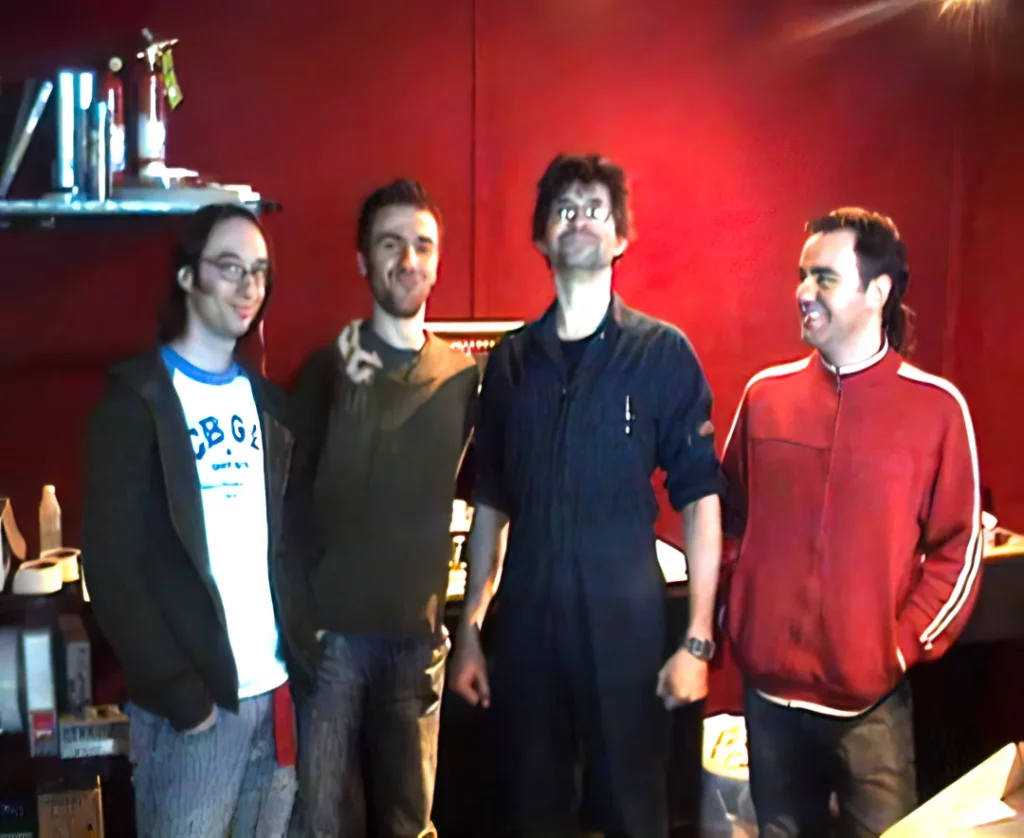
I’m only interested in working on records that legitimately reflect the band’s own perception of their music and existence. If you will commit yourselves to that as a tenet of the recording methodology, then I will bust my ass for you. I’ll work circles around you. I’ll rap your head with a ratchet.
As he was in prose, so he was in life. The only reason that regular Joes like us, from the arse-end of nowhere, could even entertain the notion of working with an engineer of his calibre, many high-profile albums deep into his professional career, was because he intentionally made it possible for us to do so. His entire business model centred around the notion that you didn’t have to be a privileged member of some elite class to afford his services. Independent artists were not to be shut out of the arena for their lack of market potential, but welcomed in, adorned with fluffy coffees and never told to keep their feet off the furniture. He lived by his principles, and was true to his word, and to aspiring noise-makers like us, those words were gospel. Over the ensuing years I hungrily consumed every word of his I could find, whether in print or on YouTube videos. I wrote essays about him for my Music Production degree, and as I began developing my own career as a sound engineer, I modelled my practices on all that I had learned from him. His various lectures about his approach to recording resonated strongly with me, and I easily adopted many of his principles when approaching my recording sessions, out of an obvious necessity to respect the artistic vision of those for whom I was being hired to work. Again, from his letter to Nirvana:Most contemporary engineers and producers see a record as a “project,” and the band as only one element of the project. Further, they consider the recordings to be a controlled layering of specific sounds, each of which is under complete control from the moment the note is conceived through the final mix. If the band gets pushed around in the process of making a record, so be it; as long as the “project” meets with the approval of the fellow in control.
My approach is exactly the opposite.
I consider the band the most important thing, as the creative entity that spawned both the band’s personality and style and as the social entity that exists 24 hours out of each day. I do not consider it my place to tell you what to do or how to play. I’m quite willing to let my opinions be heard… but if the band decides to pursue something, I’ll see that it gets done.
I like to leave room for accidents or chaos. Making a seamless record, where every note and syllable is in place and every bass drum is identical, is no trick. Any idiot with the patience and the budget to allow such foolishness can do it. I prefer to work on records that aspire to greater things, like originality, personality and enthusiasm.
In embodying these principles, Steve Albini demonstrated an unwavering dedication to the artistic vision of the bands he worked with, and his refusal to compromise on integrity set a standard that continues to inspire independent artists and producers alike. Through his candid writings, cast-iron work ethic, and steadfast commitment to artistic freedom, he leaves behind a legacy that transcends the music he worked on, exacting a profound influence via the power of authenticity, resilience, and the pursuit of artistic excellence.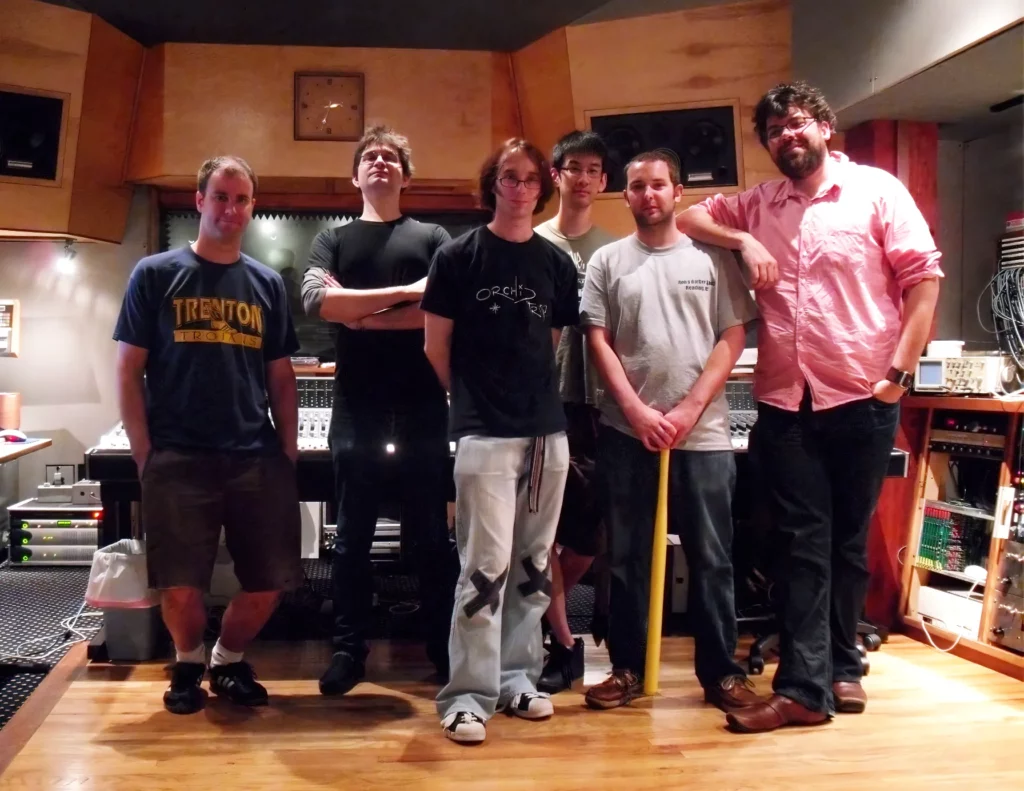
When I returned to Electrical Audio for the final time in 2017, it was as much a personal journey that I had to make for myself as it was an effort to reinforce my understanding of how to achieve that amazing drum sound, and to make my little video about it. I knew I needed to go back, one final time, and look Steve in the eye. This visit felt like closing a chapter that had remained unfinished. My previous experience had left a lasting impression, and I needed to confront those lingering feelings of inadequacy and fear. As I walked through the familiar doors of the studio, memories of my internship flooded back. But this time I was armed with years of experience, and a sense of confidence that had been hard-won through a path that I had been treading at my own studio back home. As I awaited the beginning of our two-day drum session, a mix of emotions swirled within me, marked largely by intense anxiety at the thought of confronting him again. I introduced myself, reminding him of my internship years ago. He remembered. Discussing the techniques and nuances that create the distinctive sound I admired so much was enlightening. This time, our conversation was on more equal footing. I wasn’t the anxious intern seeking approval; I was a fellow professional, eager to learn and share insights. While Steve’s manner remained brusque, this time I felt pride in the persistence and passion that had brought me back, all these years later. In the end, making the video and revisiting the studio wasn’t just about capturing that iconic sound. It was about facing my fears, reclaiming my narrative, and validating my journey. As I packed up my equipment and prepared to leave, I felt a sense of closure. The chapter was finally complete, and I walked away with not just technical knowledge, but a deeper understanding of myself and the resilience it takes to pursue one’s dreams.
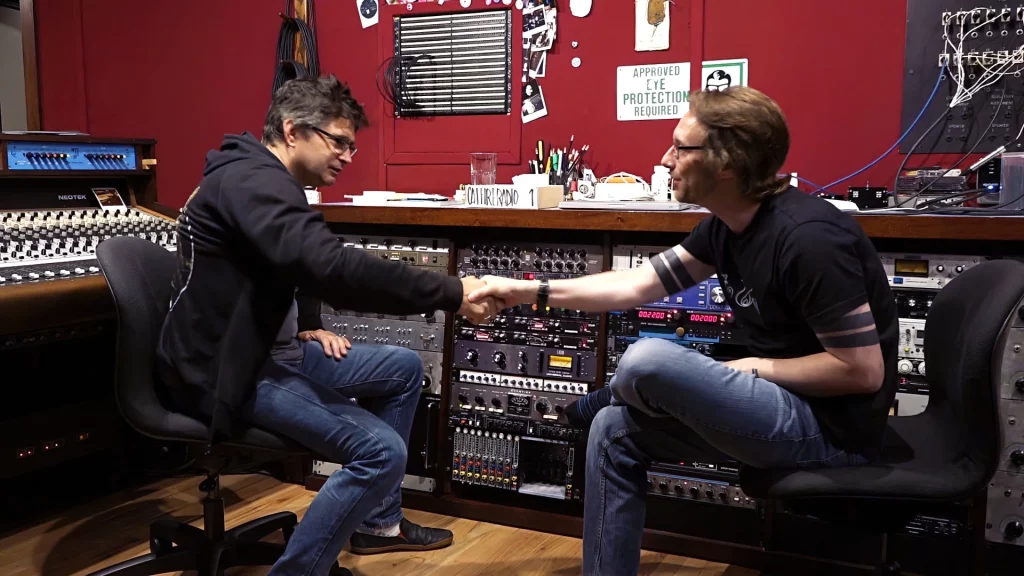
In the years since, I have grappled with conflicting feelings about Steve Albini, ultimately coming to view him as something of a contradiction. Though I remain a strong admirer of his work, his approach and his razor-sharp intellect, I am also troubled by his stubbornly myopic perspectives on that which he so articulately pronounces. I found this deeply at odds with his apparent commitment to scientific empiricism and rationality. It’s this tension between his reputation as a rational thinker and some of his more dogmatic views, combined with my personal experiences with him, that has led me to somewhat reassess my perception of him. While I continued to admire his talent and his uncompromising dedication to his craft, I came to recognise that even the most brilliant minds are not immune to biases or blind spots. Steve liked to frame his arguments as existing in a paradigm of ideological warfare. Us versus them. You’re either an ally or you’re an enemy. This was a mentality that seemed to permeate much of his discourse, and his art seemed well served by it. But for me, as I became more aware of moral philosophy as an intellectual discipline, as I absorbed more and more perspectives from a diverse range of vantage points, and as I became more awakened to the necessity of debate as the lynchpin of scientific inquiry, I began to feel that the arguments put forth by Albini on many issues were not only overly simplistic but also often needlessly divisive. While his passion and conviction are admirable, I couldn’t help but feel that his black-and-white world-view failed to fully appreciate the complexities and nuances inherent in many social, cultural, and political issues. Take for example his famous email to London-based EDM producer, Oscar Powell, in 2015, who reached out seeking permission to use a vocal sample from Big Black for an upcoming single on his label, XL Recordings. Powell expressed deep admiration for Big Black’s music, sharing links to some of his previous tracks. This was Steve’s reply:
Hey Oscar.
Sounds like you’ve got a cool thing set up for yourself. I am absolutely the wrong audience for this kind of music. I’ve always detested mechanized dance music, its stupid simplicity, the clubs where it was played, the people who went to those clubs, the drugs they took, the shit they liked to talk about, the clothes they wore, the battles they fought amongst each other…
Basically all of it: 100 percent hated every scrap.
The electronic music I liked was radical and different, shit like the White Noise, Xenakis, Suicide, Kraftwerk, and the earliest stuff form Cabaret Voltaire, SPK and DAF. When that scene and those people got co-opted by dance/club music I felt like we’d lost a war. I detest club culture as deeply as I detest anything on earth.
So I am against what you’re into, and an enemy of where you come from but I have no problem with what you’re doing. I haven’t bothered listening to the links, mainly because I’m in a hotel with crappy internet at the moment but also because it probably wouldn’t be to my taste and that wouldn’t help either of us.
In other words, you’re welcome to do whatever you like with whatever of mine you’ve gotten your hands on. Don’t care. Enjoy yourself.
Steve


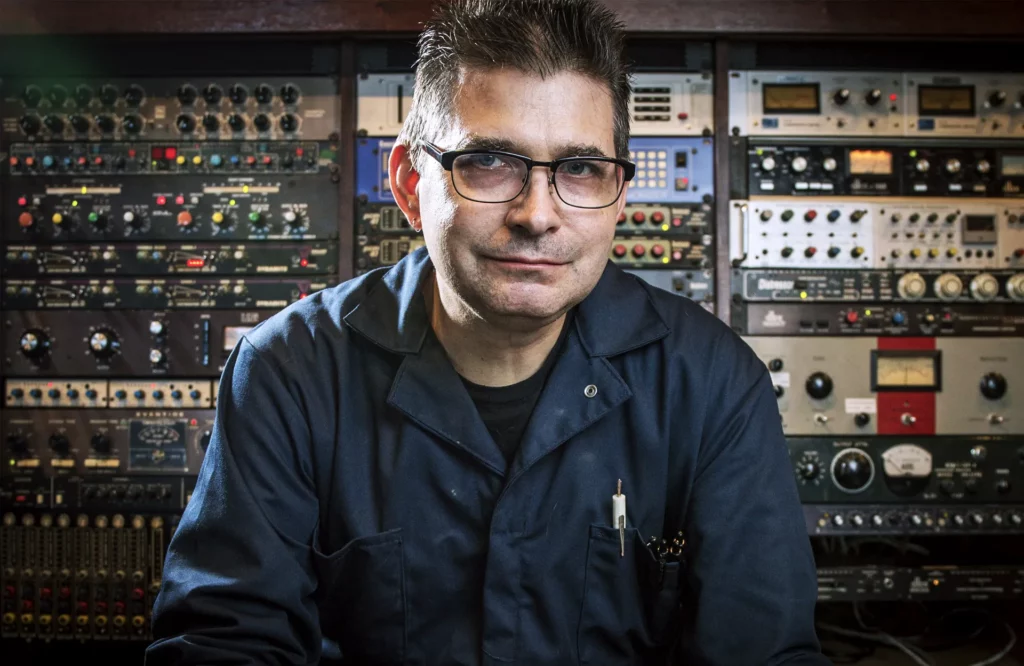


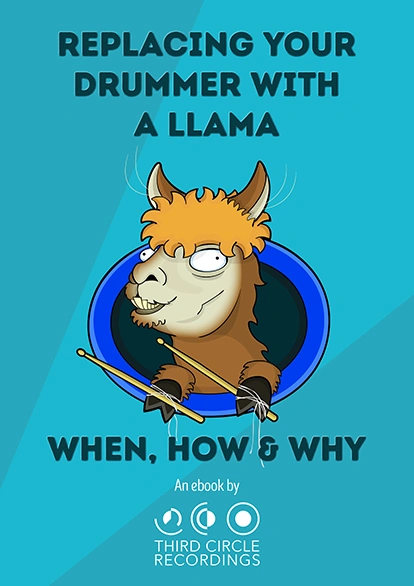
6 responses
What a beautiful, raw honest tribute! – A profound gift here…one in which you have emerged and grown so deeply..oxygenating deeper states of mind..thus nurturing ethical intelligence, integrity..courage, humility and understanding. – letting all of these experiences move through you over the years! The shadow sides..hiding in the caves and crevices, always essential for real creativity. You held that vision.. The Third Circle of Reciprocity! – deep bow for this. Deep bow to him, the fragrance of freedom was found x
18.8.24 1032am i never saw him as a Buddhist type who would have bothered to acknowledge this kindda response. probably a man twisted by feminine wiles, though… good luck is all i can say…. in relation to wherever he is… i never trusted those who relied on reciprocity as a what goes around comes around guide to easy living – an asiatic nonsense regards dealing with the guilt trip as induced by you who dish out vengeance. glad you liked the fella, though. a fair few can attest to dingy apartments listening to the man and the rest of the political piggies – from killdozer to jesus lizard to laughing hyenas… whoever undertook the buy every record produced or engineered by albini schtick will have a great time of it and an eclectic collection of songs to mess with… we all recall the first breeders album, don’t we? and everyone loves the surfa rosa album… surely? did he have anything to do with the bogblast 7inch ep? you might know….. regards jps
Fucking hell James, that was interesting and possibly the longest thing I have read this year
Thanks mate – yeah I know. And that was the edited version!
18.8.24 1021am
delon has allegedly died and albini went before him. i mean, I never believe these news stories as…
a fine time was had by folk listening to him in the late 80’s and early 90’s. his original fan base probably having left after hearing all they wanted to hear. big black sampled beyond belief, allegedly. i aint gettin’ into those arguments…
i don’t really have any innate thoughts on albini, other than to reiterate the same old b.s. that: he was eager to garner some semblance of a reaction, whether that was due to band monikers, topic of conversation (in the way of composition) or whichever mic and amp he used to aid him with his signature engineer sound (as processed in the house that dripped blood).
anyone taking an interest thus far into the career of the man will know what the usual conversations consist of re: his oeuvre (pron: eeeeeeeerv).
a good man. sonically so. and after just having a shower i would say go off your instinct.
…though we do know that one never puts one’s trust in musicians, authors, poets, film stars porn stars, journalists..
if it wasn’t for kraftwerk and the knack this guy wouldn’t have bothered.
even the font for this site reminds me of albini
regards
jps
Excellently written, and I agree that the technical prowess and empirical intelligence only gets one so far in life. Empathy, humility and emotional intelligence are equally important, especially in regards to the overall human experience and art as a central expression of that experience.